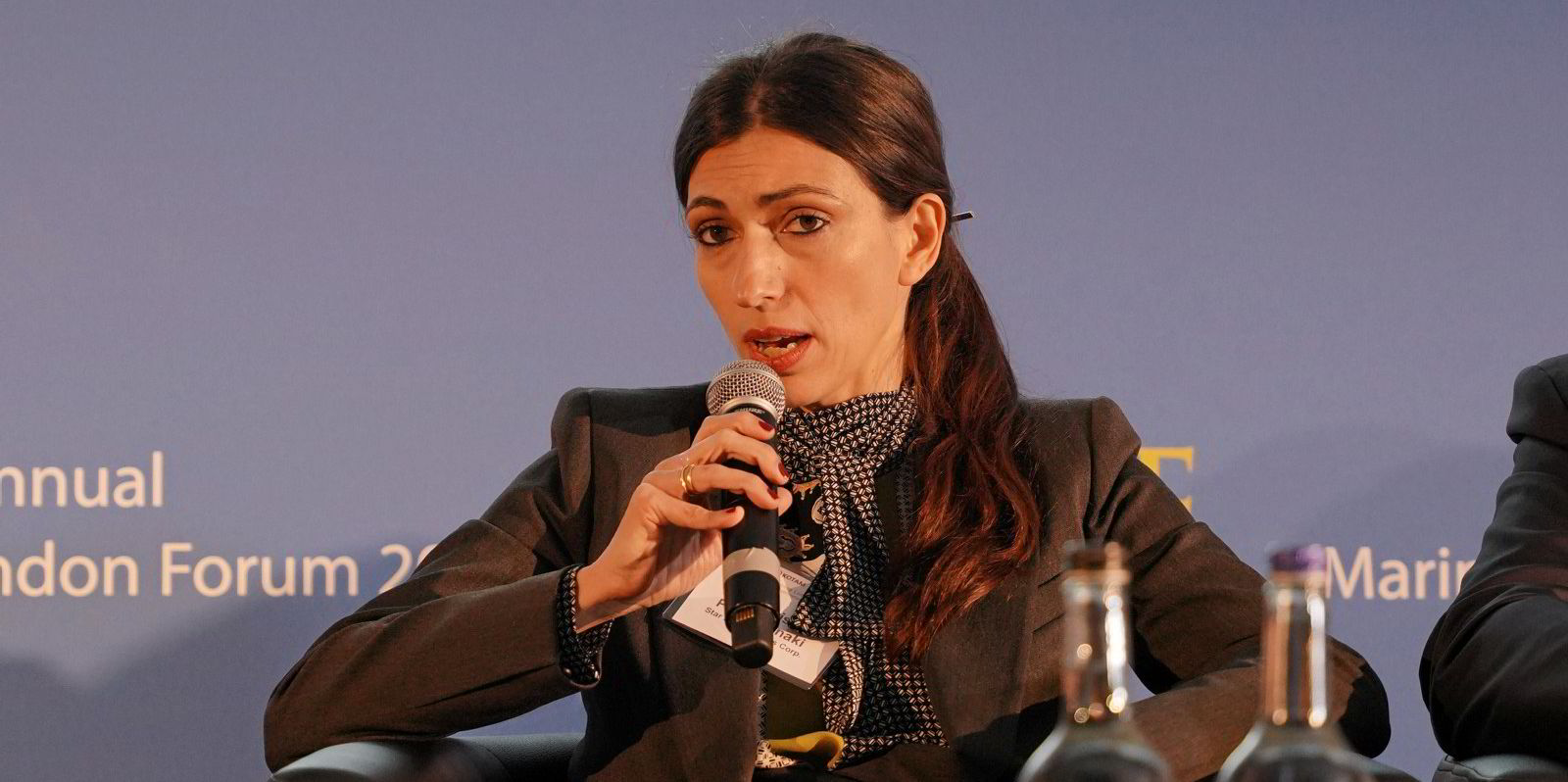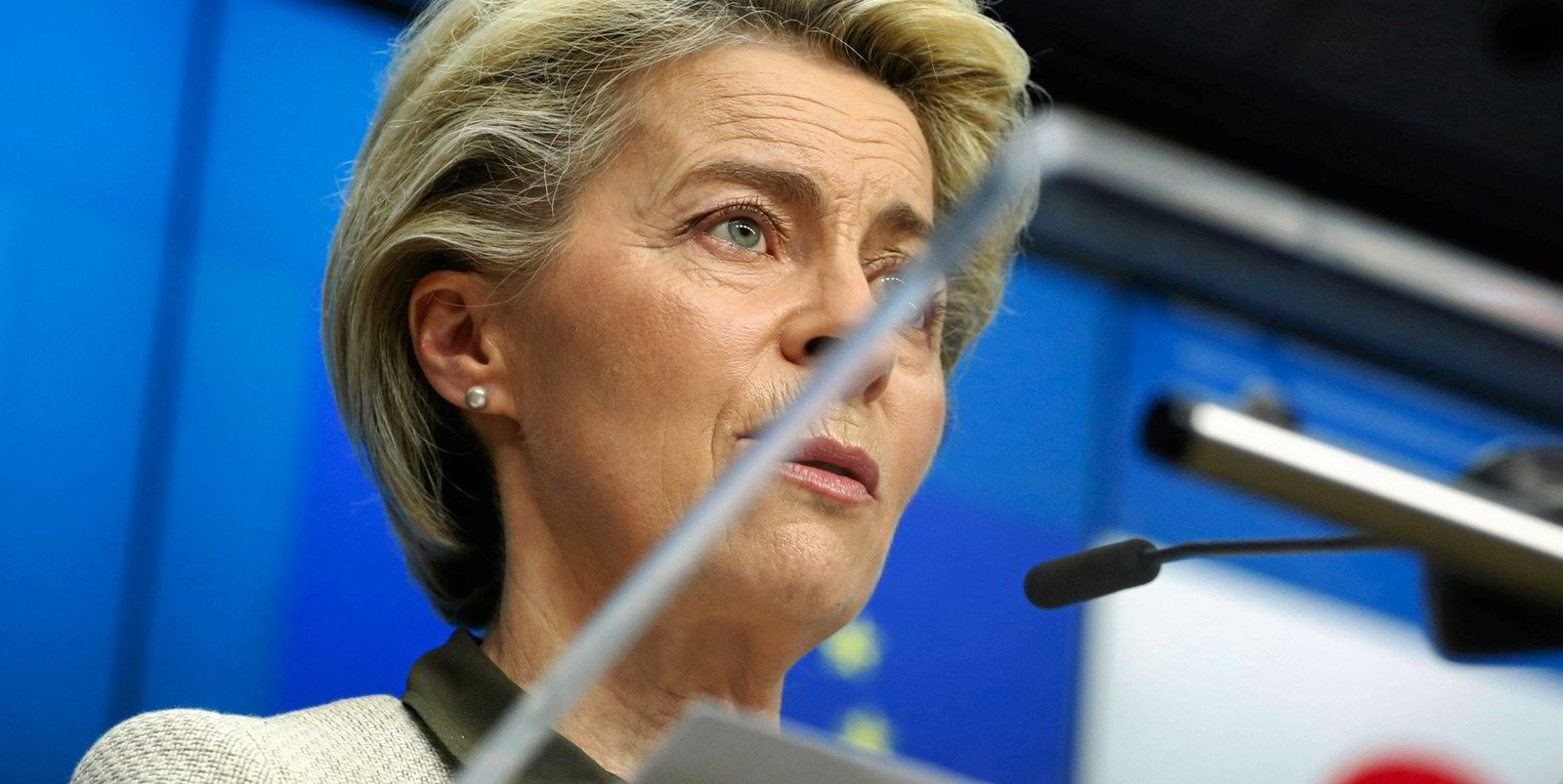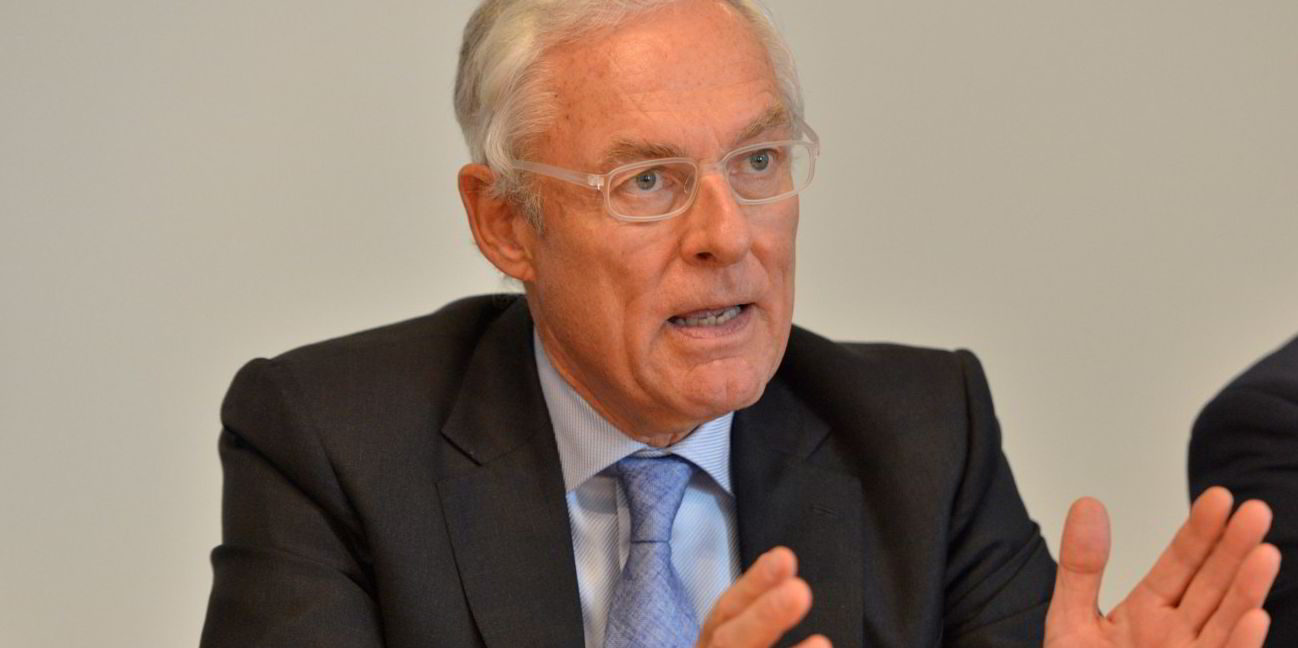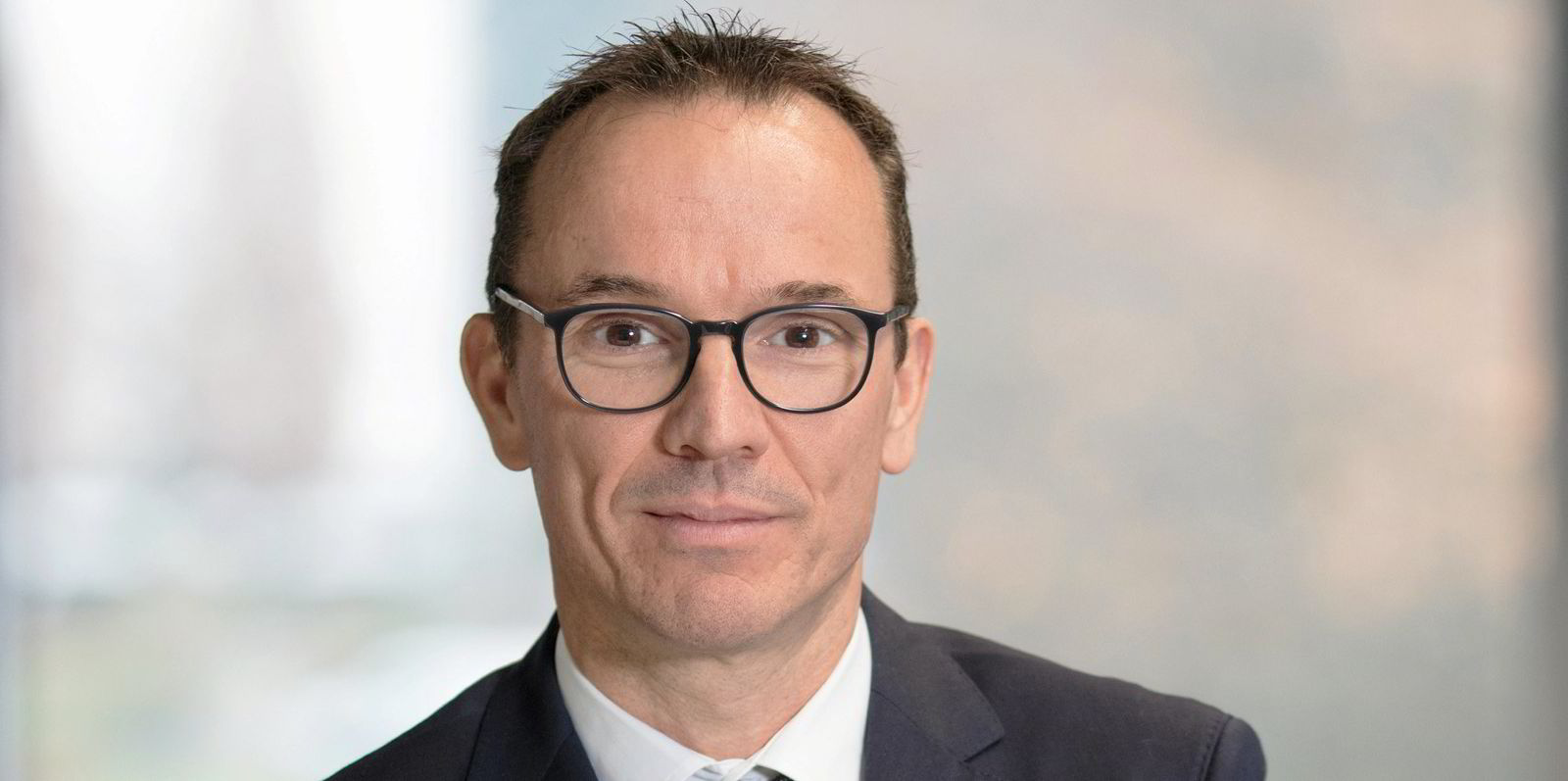Shipowners have responded with dismay to the news that the European Union is not planning to use revenues from its Emissions Trading System (ETS) to fund research and innovation into sustainable shipping.
Leaked European Commission plans, that have not necessarily been set in stone, suggest it will look for other ways to finance the development of alternative fuels.
Many owners are shocked by the proposal, while others still see hope for development to be handled by the International Maritime Organization.
Hugo De Stoop, chief executive of Euronav, said: “This is a scandal. If true and if none of the funds raised through this tax are coming back to the sector, it simply means that the EU has found a new excuse to simply tax shipping and they are hiding behind environmental reasons.”
De Stoop added that he did not feel the EC had understood the importance of decarbonising shipping and the tax was likely to slow down rather than accelerate the transition.
Esben Poulsson, chairman of the International Chamber of Shipping, was less strident but said the move showed why the industry needs the $5bn IMO Maritime Research Fund.
But Poulsson said: “To indicate one thing at the beginning of the process and then to withdraw it to pay for a post-Covid recovery sends a clear message to industry that the EU is not serious about decarbonisation.”
It also sends a message beyond shipping that political and investment risk is high in Europe, Poulsson said.
Disappointing message
It was disappointing, Poulsson added, that investment in research and development (R&D) has not been included when alternative fuel technologies do not yet exist but the International Energy Agency and the new US administration have stressed that their development is essential to cut emissions.
Poulsson extended his criticism to describe the EU ETS as “an ideological revenue-raising exercise, which will greatly upset the EU’s trading partners” and “could seriously put back climate negotiations” as it only covers about 7.5% of shipping’s global emissions.
Charis Plakantonaki, chief strategy officer at bulker owner Star Bulk Carriers, said decarbonisation of shipping would only be feasible if governments and regulators support the development of new technologies for zero-emission fuels and the infrastructure for their production and delivery.
“The willingness of shipowners to invest in zero-emission vessels will not suffice in case the technology is not there, and/or the new fuels are not available, or are not competitive enough,” Plakantonaki said.
Owner initiative
But Khalid Hashim, managing director of Bangkok-based Precious Shipping, said the EC move was not a snub for shipping as the research fund was not an EU proposal.
“This was an owner-led initiative and will continue regardless of whether the EU passes their ETS for shipping or not,” Hashim said.
Christian Baekmark Schiolborg, marine environment manager at Bimco, said the EU’s Innovation Fund is limited to projects in European countries, while the IMO's R&D proposal does not discriminate between flags or geographical affiliation.
“International shipping needs an international R&D initiative,” Schiolborg said.
“We remain hopeful that states at the IMO will support the R&D proposal as it is an important component to accelerate availability of the alternative fuels and technologies,” he added.






